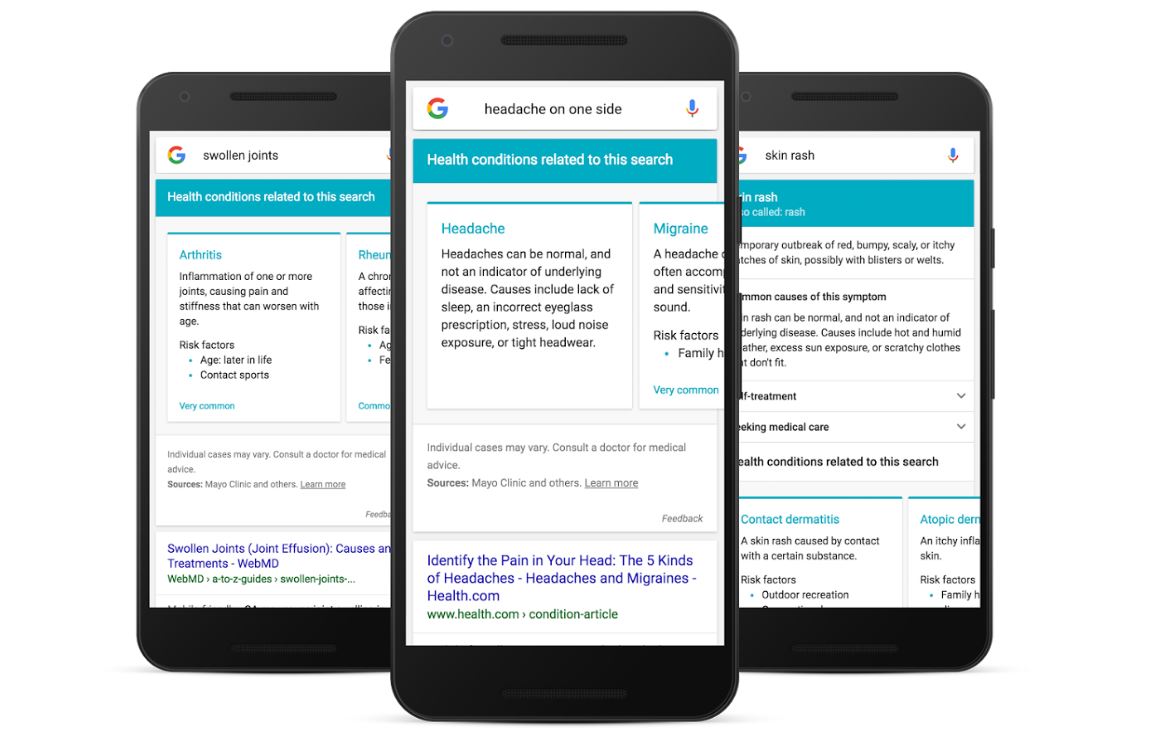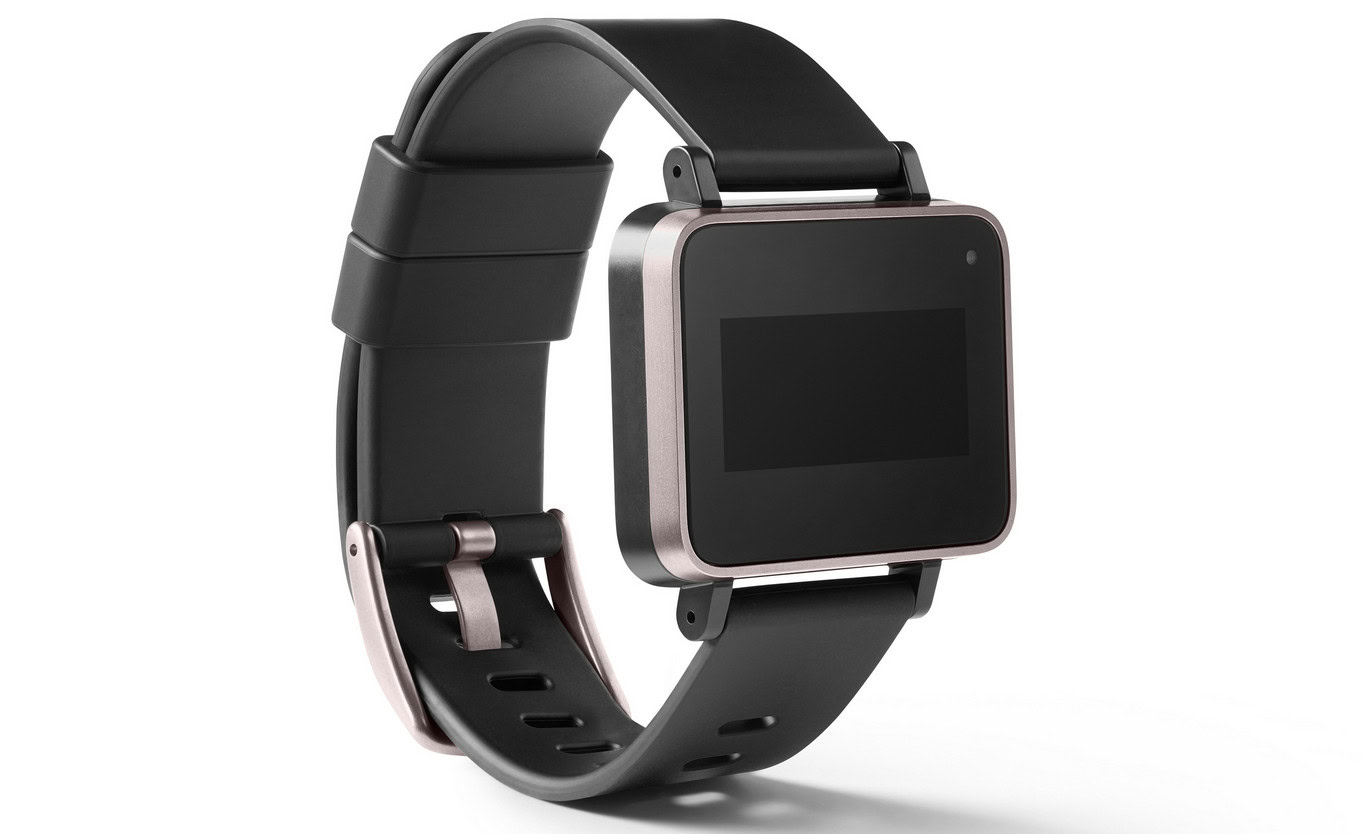Affiliate links on Android Authority may earn us a commission. Learn more.
Google rolling out symptom searches to help determine what ails you

We’ve all been there. Is this rash just a bad reaction to the new detergent or is it a life-threatening malignancy that is about to change the course of my entire life and leave me in financial ruin even if I manage to survive it? Sure, WebMD’s symptom tracker is a great resource for those driven by such hypochondriac tendencies, but wouldn’t it be great if you could get that information even more efficiently? Don’t worry, because Google has your back. And all the other parts of your body as well.
“Roughly 1 percent of searches on Google (think: millions!) are symptom-related,” says Veronica Pinchin, product manager at Google. “But health content on the web can be difficult to navigate, and tends to lead people from mild symptoms to scary and unlikely conditions, which can cause unnecessary anxiety and stress.”

This is why Google is starting to roll out a new service to searches that pools knowledge gathered by a team of medical doctors at Harvard Medical School and Mayo Clinic. Soon your symptom related searches will begin arriving with info cards showing you the most likely condition that you’re experiencing. Initially, this service will be arriving in the US, but Google wants to bring it to an increasingly wider audience in the future.
So starting in the coming days, when you ask Google about symptoms like “headache on one side,” we’ll show you a list of related conditions (“headache,” “migraine,” “tension headache,” “cluster headache,” “sinusitis,” and “common cold”). For individual symptoms like “headache,” we’ll also give you an overview description along with information on self-treatment options and what might warrant a doctor’s visit. By doing this, our goal is to help you to navigate and explore health conditions related to your symptoms, and quickly get to the point where you can do more in-depth research on the web or talk to a health professional.
What do you think of Google’s new health-savvy symptom checker? Helpful information or fuel on the hypochondriac fire? Let us know your opinion in the comments below!